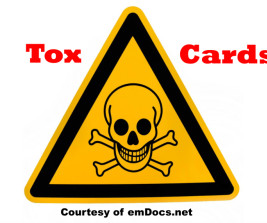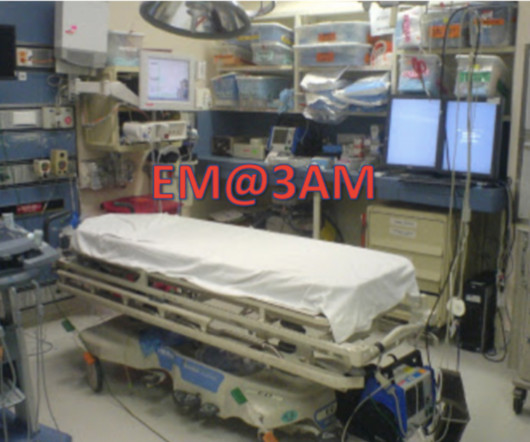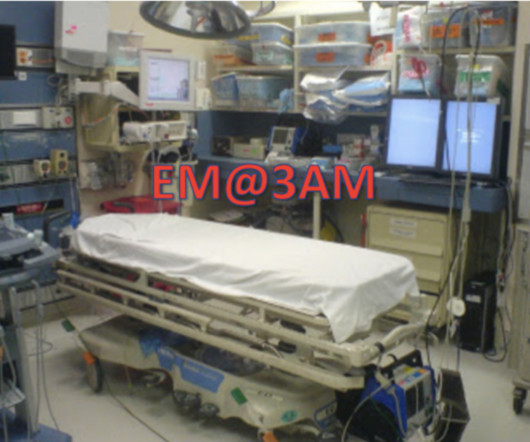ToxCard: Iron
EMDocs
DECEMBER 6, 2024
7 Workup other than serum iron concentration at 4 hours after ingestion not shown to accurately predict clinical outcomes or severity of toxicity. Aggressive fluid resuscitation as patients may be severely hypovolemic from GI symptoms. 6 Absence of visualized tablets on x-ray does not exclude iron ingestion. 2 L/hr in adults.















Let's personalize your content